ERC funds Arturo Zoffmann’s project on the impact of states of exception
Sep 5, 2024 | News
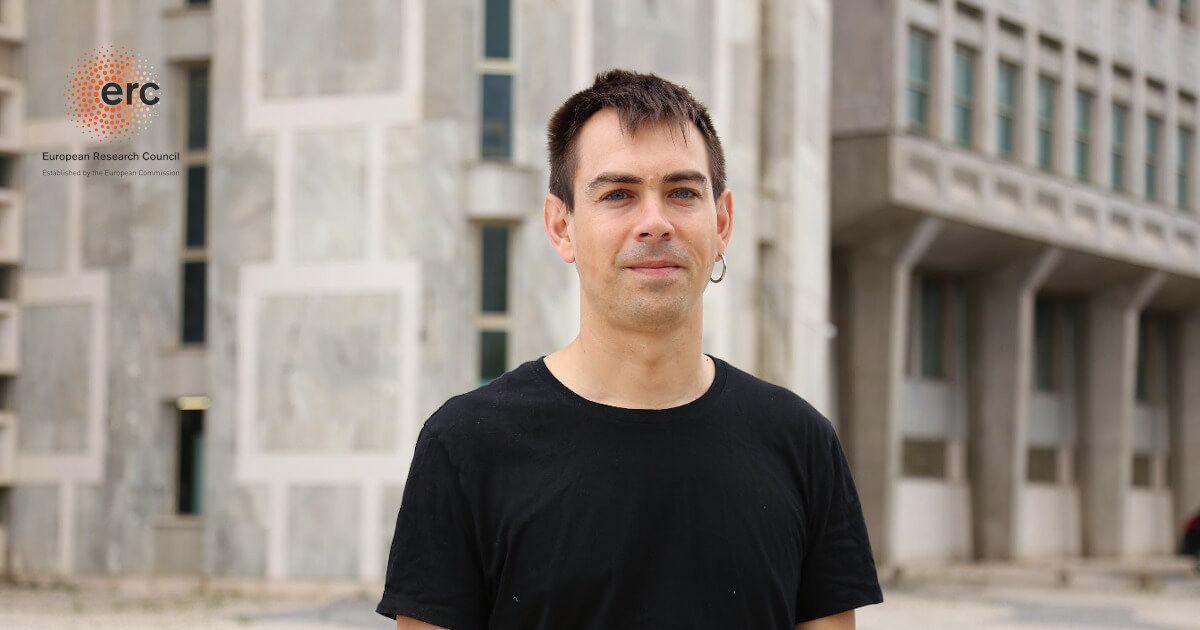
Arturo Zoffmann Rodriguez has received a Starting Grant from the European Research Council to begin an ambitious five-year project in which he will make a comparative history of the impact of states of exception on European democracies at the beginning of the 20th century.
In the first decades of the last century, faced with pressure on democratic regimes and challenges to State authority (such as during the Great War), many countries suspended their constitutional rules through states of exception and emergency powers. Were these legal instruments a factor in the emergence of the European dictatorships of the 20th century? This is the question Zoffmann sets out to answer with the project ‘The Constitutional Road to Dictatorship: States of Exception and Authoritarianism in Europe, 1900-1939’ (STEXEU), which will analyse and compare the history of eight European countries: Spain, Portugal, Italy, Germany, Czechoslovakia, France, Great Britain, and Greece.
For Zoffmann, the research he has carried out so far has culminated in this project which ‘is a success, both for my research and for the IHC’ and which will allow him to ‘carry out much more ambitious research’ than he has done so far. STEXEU’s research line is ‘essentially new’, but it has many links to his previous work. His previous research into ‘enemies of the state (communists, anarchists, nationalists, etc.)’ gave him ‘a very complex view of how repression worked, and how state violence often circumvented, distorted or even ignored the legal framework in place’. So the IHC historian is now going to study ‘the state itself and its repressive apparatus’.
Inspired by legal studies, the STEXEU project will use the voluminous legal literature on states of exception to provide a historical framework, with the aim of shedding ‘new light on the history of democracy and dictatorship, exploring the disregarded constitutional origins of authoritarianism that emerged from the bosom of the liberal regimes themselves’. It’s the first time that this subject will be studied from this perspective, with a project that crosses several disciplines, from history to political science, including legal studies. It also has clear links with ‘contemporary anxieties, such as the rise of illiberal democracies’.
The project will receive 1.5 million euros, in a competition where funding was awarded to 494 Starting Grants, totalling 780 million euros. In Portugal, five projects were successful, with STEXEU being the only one from NOVA University Lisbon.
Photo: © NOVA FCSH
Other news
-
 Between 2 and 31 March, at the Portuguese Cinematheque
Between 2 and 31 March, at the Portuguese Cinematheque -
 She is now a Visiting Researcher at CAST, University of Bologna
She is now a Visiting Researcher at CAST, University of Bologna -
 Following elections held on 15 December 2025, the new governing bodies took office for the 2026-2028 term
Following elections held on 15 December 2025, the new governing bodies took office for the 2026-2028 term -
 Applications are open until 16 February
Applications are open until 16 February -
 Will take office as a Full Member
Will take office as a Full Member -
 The city took up the challenge launched by the IHC last year
The city took up the challenge launched by the IHC last year -
 Distinguished social and cultural historian from the University of Oxford
Distinguished social and cultural historian from the University of Oxford -
 Film cycle focusing on the relationship between his work and this art form
Film cycle focusing on the relationship between his work and this art form -
 Special supplement to the journal História, Ciências, Saúde — Manguinhos
Special supplement to the journal História, Ciências, Saúde — Manguinhos -
 Awarded jointly by the IHC and the Monument to the Discoveries / Lisboa Cultura
Awarded jointly by the IHC and the Monument to the Discoveries / Lisboa Cultura -
 The IHC is one of the participating institutions of the Transatlantic Crossroads Lab
The IHC is one of the participating institutions of the Transatlantic Crossroads Lab -
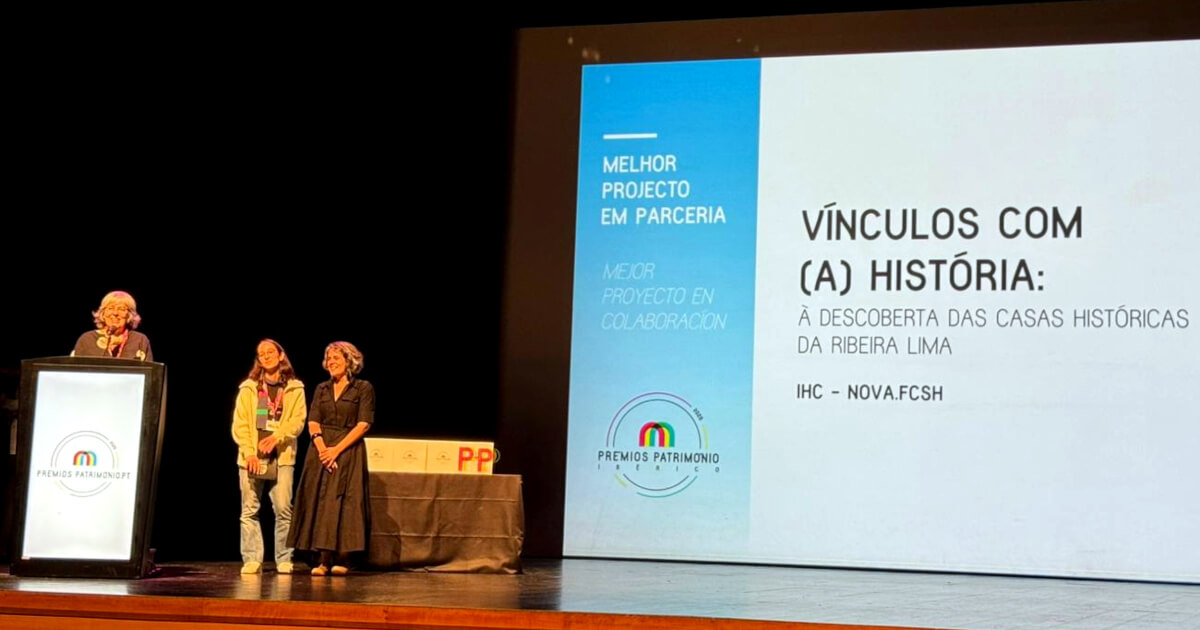 It was the winner of the Best Partnership Project
It was the winner of the Best Partnership Project -
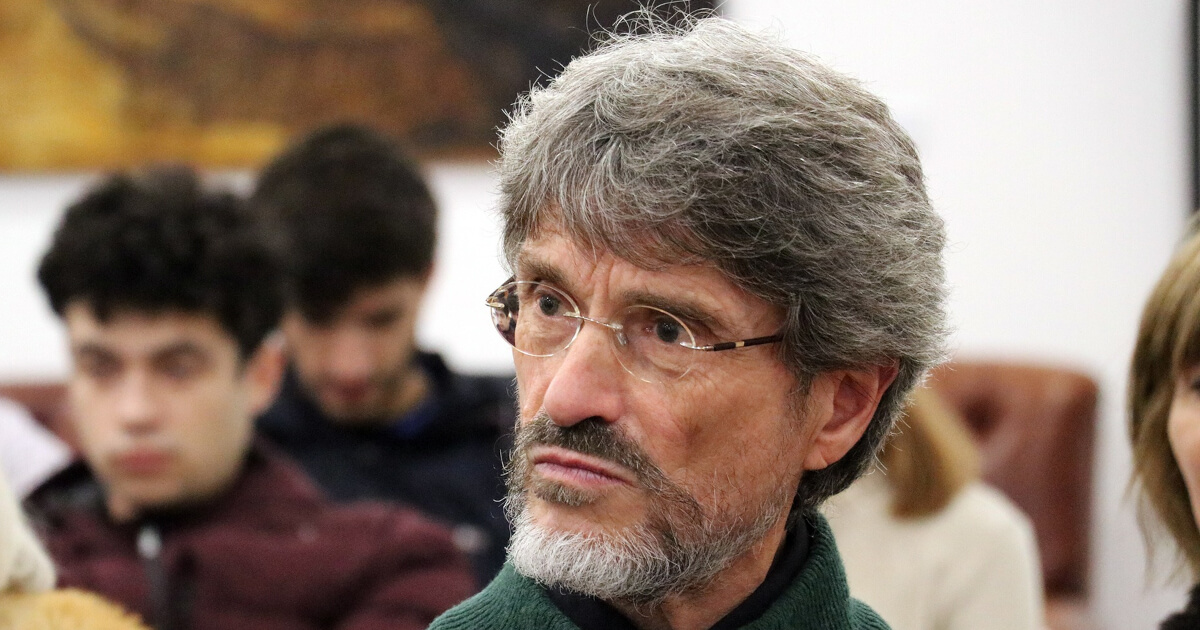 The commemorative session marked his retirement
The commemorative session marked his retirement -
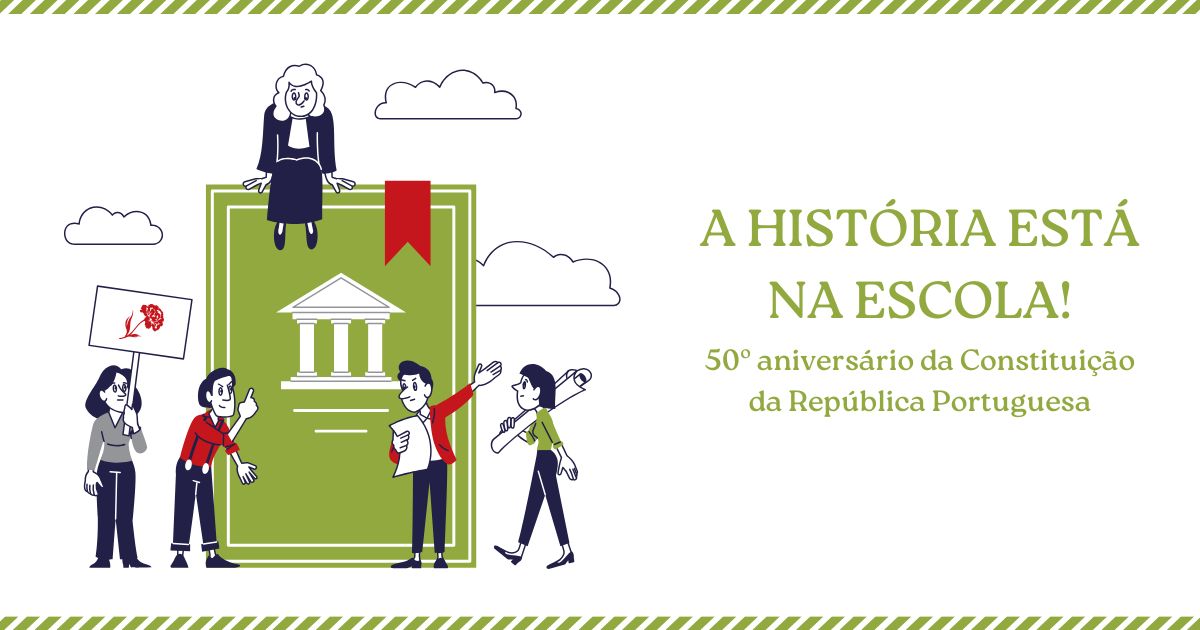 Programme aims to familiarise students with historical research and its tools
Programme aims to familiarise students with historical research and its tools -
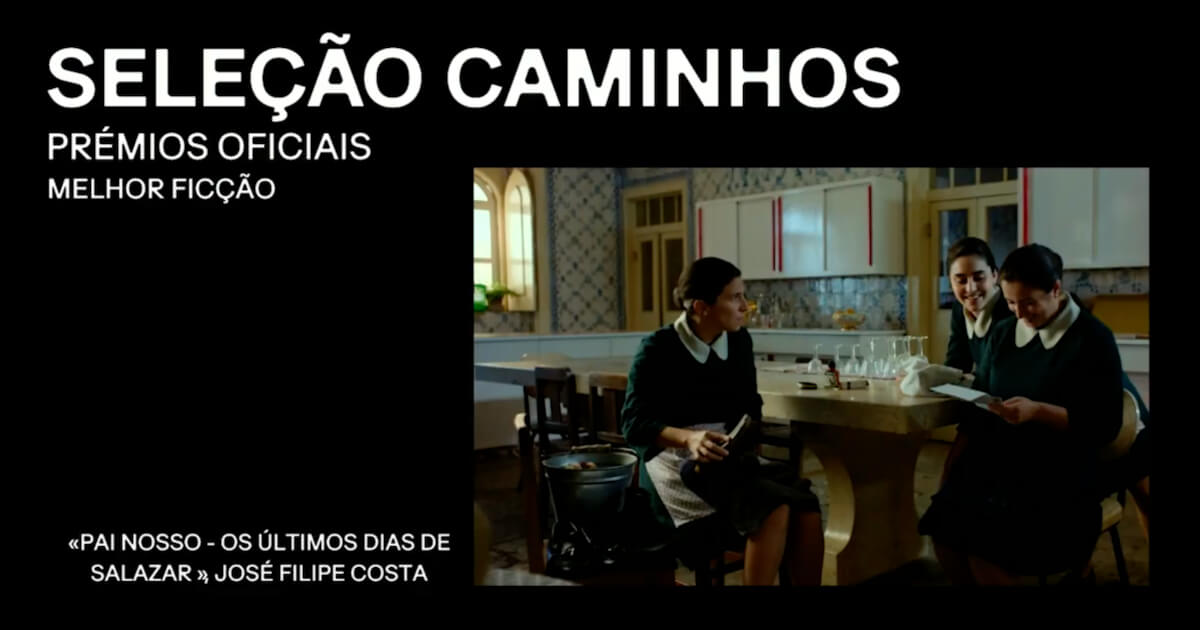 received three awards at the Caminhos do Cinema Português festival
received three awards at the Caminhos do Cinema Português festival -
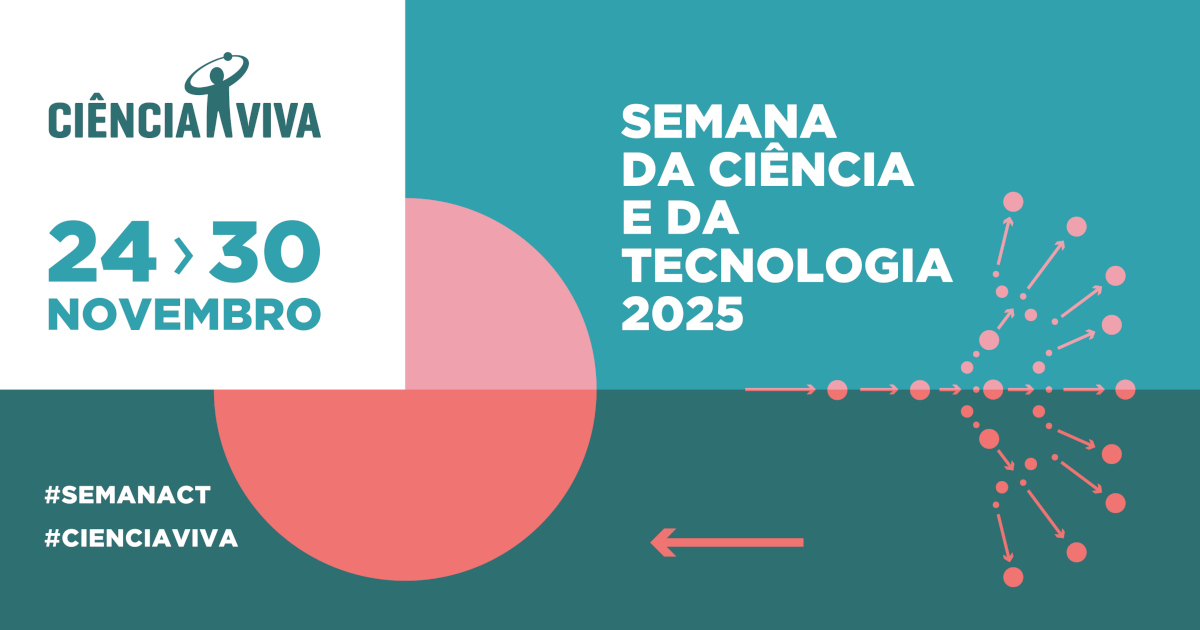 The two activities hosted by the IHC will take place on 25 November
The two activities hosted by the IHC will take place on 25 November -
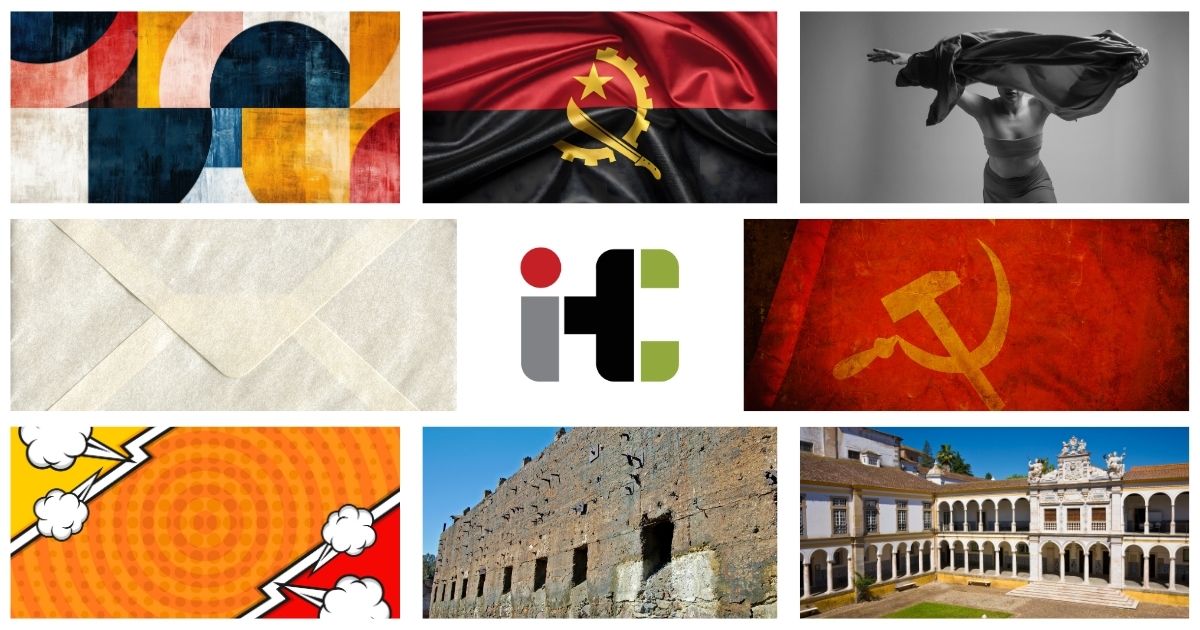 The IHC supported applications for four different PhD Research Scholarships calls
The IHC supported applications for four different PhD Research Scholarships calls -
 Isabel Baltazar was honoured at the International Educational Awards
Isabel Baltazar was honoured at the International Educational Awards
Search
Opportunities
FCT’s PhD Studentships
Deadline (IHC): 15 March 2026
Postdoctoral Research Fellowship — CATTLE IN MOTION
Deadline: 18 February 2026
News
VINCULUM — An end and a new beginning
Feb 24, 2026
FCSH hosted the closing session of the VINCULUM project
In March, Lisbon becomes the Capital of International Intrigue
Feb 21, 2026
Between 2 and 31 March, at the Portuguese Cinematheque
Anita Buhin is on a research mission in Italy
Feb 20, 2026
She is now a Visiting Researcher at CAST, University of Bologna






